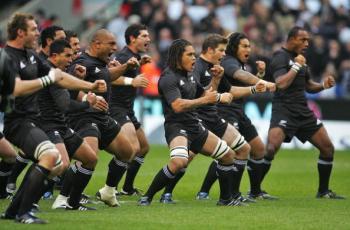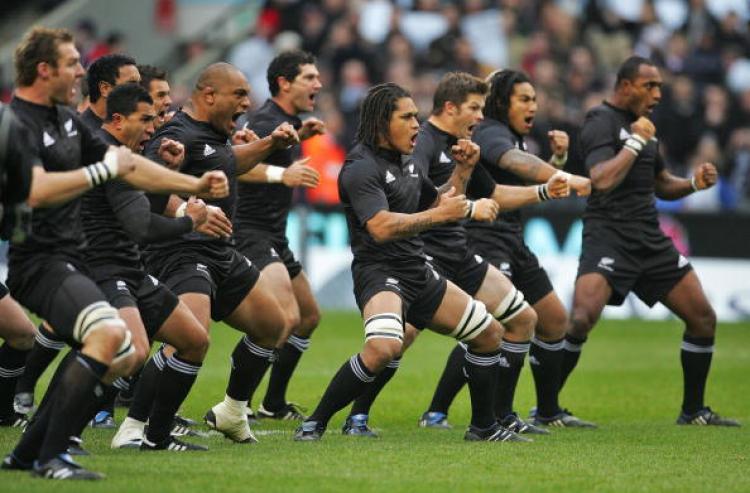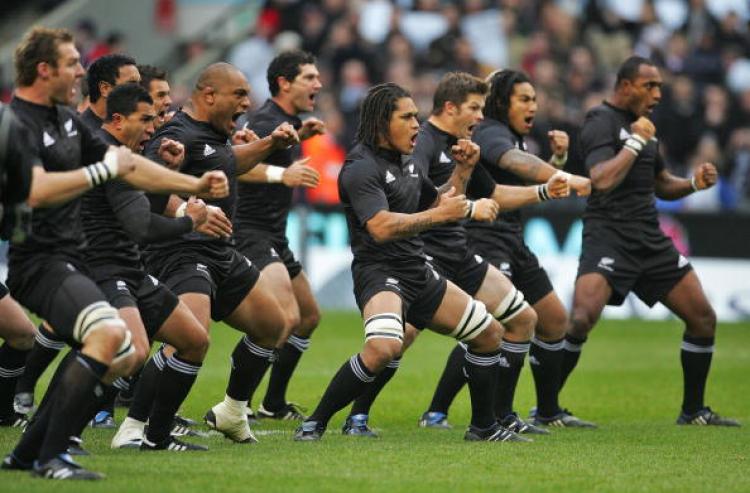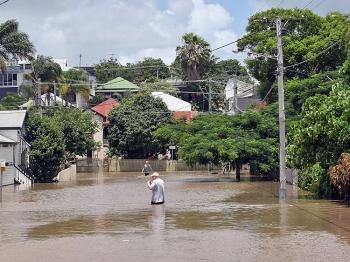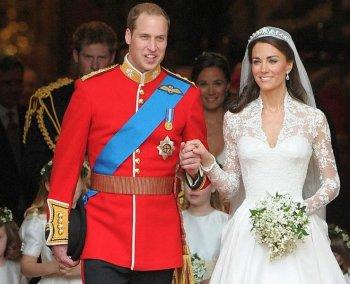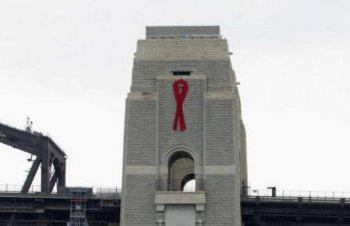The haka, a Maori war dance made famous by the All Blacks, New Zealand’s rugby union team, has been recognised as the intellectual property of a Maori tribe in a compensation agreement signed in Wellington February 11.
The All Blacks have long performed the haka, called Ka Mate, to intimidate their opposition and unite their team.
While there are many types of hakas, the Ka Mate haka is classified as ceremonial and has been attributed to a notoriously feisty Maori Chief, Te Rauparaha (1768-1849). He is understood to have composed the words and dance as a celebration of his success over opposing tribes.
Te Rauparaha was the Chief of the Ngati Toa tribe, which controlled the lower North Island and northern part of the South Island.
In the agreement, seen as a significant symbolic act by the tribe, the New Zealand Government formally recognised the Ngati Toa as owners of Ka Mate, while acknowledging their concern over its misappropriation and inappropriate use. The deal, however, does not give the right to veto the haka’s use or claim royalties.
The New Zealand Government also apologised for the arrest of Te Rauparaha in 1846, his subsequent detention without trial for 18 months, and the consequent seizure of his tribal lands.
The agreement and apology came as part of a $US156 million ($A238.5 million) compensation agreement with eight Maori tribes, from the bottom of the North Island to the top of the South island.
The tribes say they were victims of illegal land seizures and breaches of the Treaty of Waitangi, the ABC reported.
New Zealand Prime Minister John Key signed letters giving the tribes monetary compensation, along with forest rentals and emission credits.
The All Blacks have long performed the haka, called Ka Mate, to intimidate their opposition and unite their team.
While there are many types of hakas, the Ka Mate haka is classified as ceremonial and has been attributed to a notoriously feisty Maori Chief, Te Rauparaha (1768-1849). He is understood to have composed the words and dance as a celebration of his success over opposing tribes.
Te Rauparaha was the Chief of the Ngati Toa tribe, which controlled the lower North Island and northern part of the South Island.
In the agreement, seen as a significant symbolic act by the tribe, the New Zealand Government formally recognised the Ngati Toa as owners of Ka Mate, while acknowledging their concern over its misappropriation and inappropriate use. The deal, however, does not give the right to veto the haka’s use or claim royalties.
The New Zealand Government also apologised for the arrest of Te Rauparaha in 1846, his subsequent detention without trial for 18 months, and the consequent seizure of his tribal lands.
The agreement and apology came as part of a $US156 million ($A238.5 million) compensation agreement with eight Maori tribes, from the bottom of the North Island to the top of the South island.
The tribes say they were victims of illegal land seizures and breaches of the Treaty of Waitangi, the ABC reported.
New Zealand Prime Minister John Key signed letters giving the tribes monetary compensation, along with forest rentals and emission credits.
